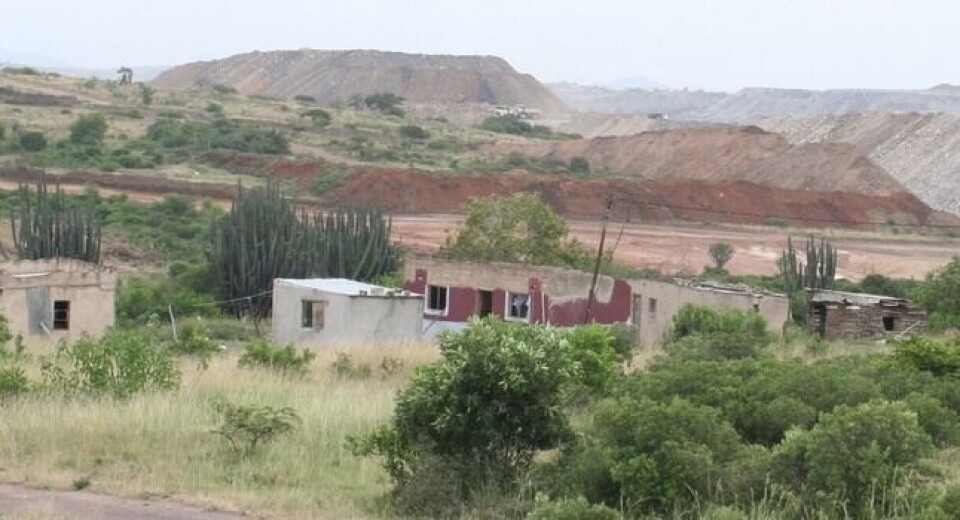In October 2020 65-year-old South African environmental activist, Fikile Ntshangase, was shot dead in her home by unknown assailants. Prior to her killing, Ntshangase campaigned against the extension of an opencast coal mine near the Hluhluwe–Imfolozi Game Reserve and the Somkhele community where she lived. No arrests have yet been made in connection with her murder.
Ntshangase's death is one of many similar stories. International rights group Global Witness reports that no fewer than 200 land and environmental defenders were killed in connection to their work around the world in 2020. The group documented ten killings in Africa, but stated that those figures might not reflect the reality because it’s possible other cases on the continent went unreported.
In an effort to curb these attacks and help support the activists who are targeted, some non-governmental organisations have put in place an initiative to protect environmental rights defenders.
Originally founded in 2007 in Cape Town by two international lawyers, Natural Justice, consists of “a team of pioneering lawyers and legal experts, who specialise in human rights and environmental law in pursuit of social and environmental justice”.
In 2019, in collaboration with the International Land Coalition (ILC), Natural Justice launched the African Environmental Defenders Initiative (AEDI). A vital aspect of this initiative is the African Environmental Defenders Fund, which was set up to support land and environmental defenders facing threats.
The emergency fund, which can be up to $5 000, is available to frontline land and environmental rights defenders who find themselves in life-threatening situations due to the nature of their work.
AEDI Coordinator, Tawonga Chihana-Okoyos, said although the emergency fund was initially exclusively for ILC members, the coverage has been expanded through commitment from other partners. "Other partners grew the fund beyond ILC. It now caters for any environmental defender across Africa," she told Africa Legal.
She explained that the emergencies covered by the fund include short term legal assistance, medical assistance, temporary relocation costs and hiring private security in exceptional circumstances.
"The threats could be from private institutions, individuals, communities or the government. For instance, if an environmental defender is speaking up against a project (like Ntshangase) and because of that they are threatened,” Chihana-Okoyos clarified. “We provide financial assistance on a case-to-case basis. Certain defenders would want to be relocated because they believe they are in danger, but we can only provide that for three months while exploring long-term solutions. Some ask for short-term legal assistance to pay for bail bonds."
Chihana-Okoyos says over 60 applications have been processed within the last three years and the number keeps growing, but she lamented the increase in fraudulent claims as the fund’s visibility continues to grow.
While the organisation currently has partners in Kenya, Madagascar, South Africa and Namibia, it plans to expand to other African countries and more remote communities. Natural Justice's Programme Officer in Madagascar, Stefana Raharijaona, recently attended a capacity-building workshop in Nigeria, where he told participants how to access the fund.
For further information or to apply for the fund, click here.
To join Africa Legal's mailing list please click here

